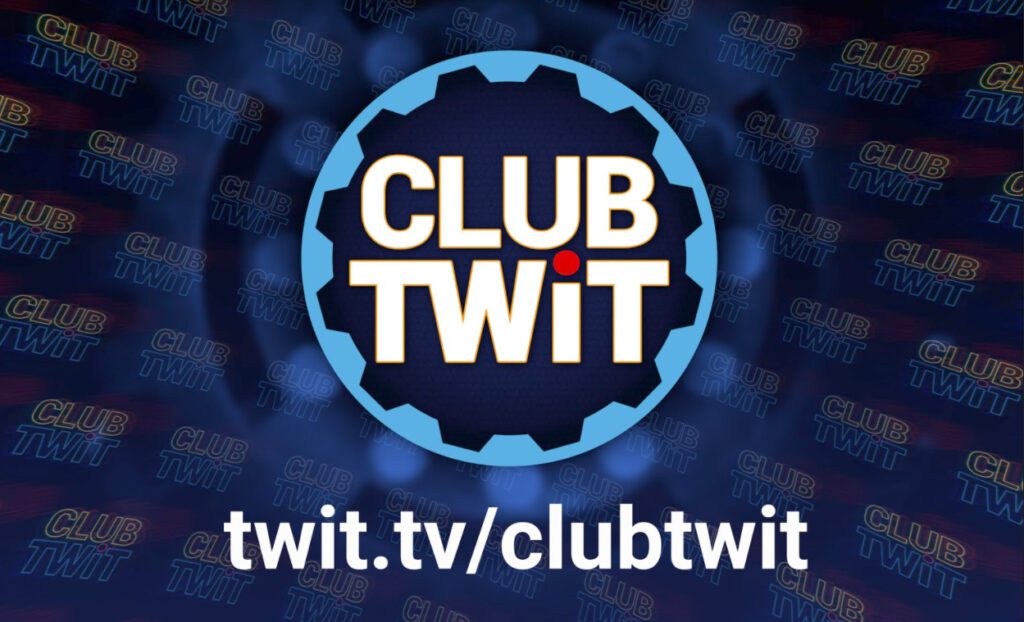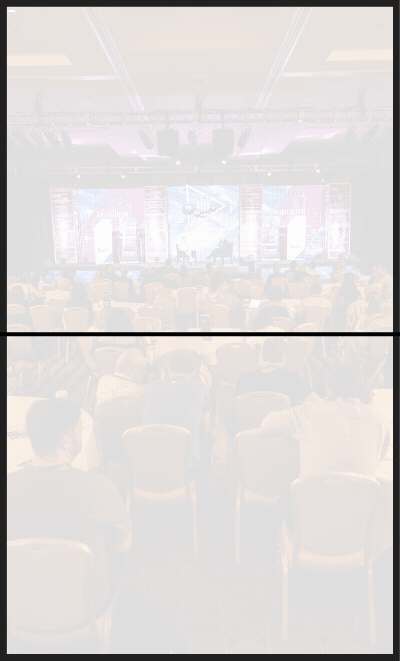

PodMov Daily: Thursday, June 10
Episode 448: Your Thursday Podthoughts

Why Hosts Can Relax (a Bit) About Proving Themselves
“The voice is a critical element of a podcast,” writes Pacific Content producer Aparita Bhandari. “Honing it and wielding it is the raison d’être of the host.” Bhandari spoke with Now, What's Next host Sonari Glinton about finding his. The former NPR reporter says that, as a host, he doesn’t need to prove himself to anyone.
Podcasters far outside journalism can benefit from Glinton’s advice. You don’t need to sound overly smart or serious all the time, he says. “The one thing I mess up with all time is the length of the question. Long questions don’t get good answers. And if you ask three questions, you will get one answer. So keep it short.”
Bhandari offers confidence tips from Viki Merrick as well. “As a host, you are passing out the hors d’oeuvres,” says the radio producer and voice coach. You’re introducing someone and pitching their value to an audience at the same time. (No pressure.) But remember, listeners chose your party from a sea of millions.
Recommended Reading: Advice for Podcast Guests
‘Guest guides,’ like this one by Alex Greenwood, are underrated podcasting resources. Good advice for the other side can inform practices that make you a better, more discerning host. This week, Jon Brosio and Jane Ferré demonstrate the preparation and attitude of a guest that truly cares about a show’s quality.
A well-crafted pitch answers this question, Brosio insists: “How are you going to make the lives and problems of the audience better with your expertise?” Always prioritize the show’s purpose. “I don't care how special you think you are. Neither do the coveted listeners who the podcast creator grew and nurtured.” Truth.
Ferré encourages hopefuls to be flexible. “As a guest, this is not your show, you should adapt to the host’s way of doing something,” she says. How does the host feel about dropping F-bombs if the conversation gets passionate? What would they like to emphasize or avoid? A little forethought makes all the difference.

Club TWiT: Ad-Free Podcasts for Serious Tech Fans
When Leo Laporte started This Week in Tech 16 years ago, he launched much more than a podcast. He created a community. Club TWiT, a new membership service from the TWiT Podcast Network, offers ad-free listening and watching for the tech enthusiast community.
For $7 a month, members get every podcast, the TWiT+ bonus feed with behind-the-scenes extras, and access to an exclusive Discord channel to talk tech (and anything on their minds) with other members, hosts, and staff. Club TWiT is about listening to outstanding shows like Security Now — and each other.
“We are from all over the world, living in different time zones with different backgrounds,” says a member on Discord. “Still, we all have so much in common and are connected via TWiT. I love it.” Ready to geek out? Join the Club.
Here's what else is going on:
- Double date: Apple Podcasts says it’s launching in-app subscriptions on June 15, reports Ashley Carman of The Verge. The planned May launch was delayed, likely due to a recent backend update that podcasters say “completely bonked the system.” So many bonus points for phrasing.
- Your guide: Pineapple Street Media is looking to hire a Senior Producer of podcasts. This person will “take a seedling of an idea and in collaboration with our hosts, lead a team through development and production.” The full-time position will be based in New York or Los Angeles.
- Speech class: Clubhouse has been widely criticized for inaccessibility. How do its social audio clones compare? Kait Sanchez of The Verge takes a look at current and upcoming competitors, including Twitter Spaces, Discord Stage Channels, Reddit Talk, and Facebook Live Audio Rooms.
- Taking questions: What does it mean for a podcast to be beyond ‘fiction’ and ‘nonfiction’? In Bello Collective, Rashika Rao explores “what ‘experimental audio’ can and does look like.” Her academically toned exhibition uses thought experiments to analyze genre-bending pieces.







Join the Movement